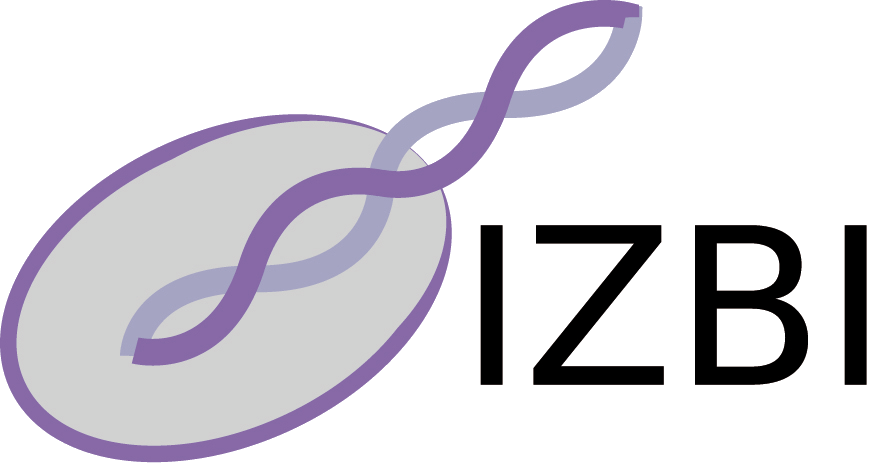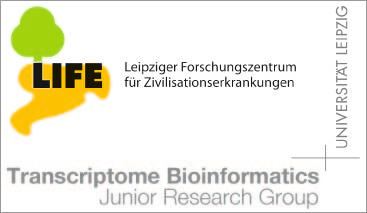Publications - Published papers
Please find below publications of our group. Currently, we list 565 papers. Some of the publications are in collaboration with the group of Sonja Prohaska and are also listed in the publication list for her individual group. Access to published papers ( ) is restricted to our local network and chosen collaborators.
If you have problems accessing electronic information, please let us know:
) is restricted to our local network and chosen collaborators.
If you have problems accessing electronic information, please let us know:
 ) is restricted to our local network and chosen collaborators.
If you have problems accessing electronic information, please let us know:
) is restricted to our local network and chosen collaborators.
If you have problems accessing electronic information, please let us know:©NOTICE: All papers are copyrighted by the authors; If you would like to use all or a portion of any paper, please contact the author.
Homology Search with Fragmented Nucleic Acid Sequence Patterns
Axel Mosig, Julian L. Chen, Peter F. Stadler
Download
Status: Published
WABI 2007 (R. Giancarlo & S. Hannehalli, eds.), Springer Verlag, Berlin, LNBI 4645, pp. 335-345 (2007).
Abstract
The comprehensive annotation of non-coding RNAs in newly sequenced
genomes is still a largely unsolved problem because many functional
RNAs exhibit not only poorly conserved sequences but also large
variability in structure. In many cases, such as Y RNAs, vault RNAs,
or telomerase RNAs, sequences differ by large insertions or
deletions and have only a few small sequence patterns in common.
<br>Here we present <tt>fragrep2</tt>, a purely sequence-based
approach to detect such patterns in complete genomes. A
<tt>fragrep2</tt> pattern consists of an ordered list of
position-specific weight matrices (PWMs) describing short,
approximately conserved sequence elements, that are separated by
intervals of non-conserved regions of bounded length. The program
uses a fractional programming approach to align the PWMs to genomic
DNA in order to allow for a bounded number of insertions and
deletions in the patterns. These patterns are then combined to
significant combinations of PWMs. At this step, a subset of PWMs may
be deleted, i.e., have no match in the current region of the
genome. The program furthermore estimates <i>p</i>- and <i>E</i>-values for
the matches. <br>
We apply <tt>fragrep2</tt> to homology
searches for RNase MRP, unveiling two previously unidentified
matches as well as reproducing the results of two previous
surveys. Furthermore, we complement the picture of vertebrate vault
RNAs, a class of ncRNAs that has not received much attention so far.















